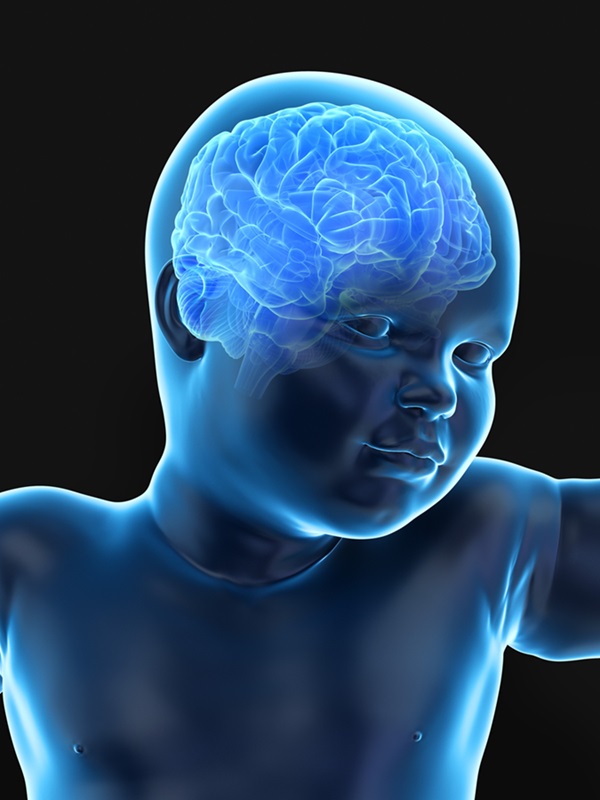Ultrasound Brain Scans for Babies Could Lower Stroke Risk Later In Life
Posted on 23 May 2024
Globally, stroke ranks as the second leading cause of death. Each year, approximately 15 million people worldwide experience a stroke, resulting in five million deaths and another five million individuals left permanently disabled. This significant impact on families, communities, and economies underscores the importance of prevention, with over 80% of strokes being preventable. Early detection of risk factors is crucial not only for prevention but also for potentially saving millions in healthcare costs. Now, a new study suggests that non-invasive brain scans performed on children under the age of one could identify risk factors early, potentially reducing the likelihood of strokes later in life.
The research conducted by the University of South Australia (Adelaide, SA, Australia) analyzed 260 years of data to systematically evaluate long-term trends in brain aneurysms, which are a potential cause of strokes. A brain aneurysm is a bulge in a brain artery, caused by a weakness in the artery wall, which, if it bursts, can result in a stroke. Brain aneurysms can occur at any age, and while they are most commonly diagnosed between the ages of 31 and 60, the incidence in children is nearly as common as in adults, proportionately considering the shorter duration of childhood compared to adulthood. The study found that, despite advances in medical science, the patterns of brain aneurysms have remained consistent over time, indicating that brain vessel abnormalities could be detected early in life.

Identifying these vessel variations in children could play a crucial role in preventing strokes later in life. The study revealed that aneurysms not only develop and rupture based on their internal conditions but also that variations in brain vessels are likely congenital. This suggests that early identification of anomalies in the brain’s arterial network could lead to lifelong monitoring and intervention for those at risk. The researchers advocate for the use of non-invasive, transcranial Doppler ultrasound scans on infants and children to detect these vessel variations. This painless procedure uses sound waves to analyze blood flow in and around the brain. Implementing this screening method could facilitate timely interventions, potentially preventing the development of aneurysms and averting stroke-related complications.
“Screening variant arterial components in children, particularly those under two years old, could be a practical tool for screening variant brain arteries,” said Dr. Arjun Burlakoti, lead researcher and neuroanatomy expert at the University of South Australia. “This is a safe, non-invasive screening test that presents a path for families to regularly follow-up if any variations are detected. If you could reduce the risk through a simple screening test, why wouldn’t you?”
Related Links:
University of South Australia














